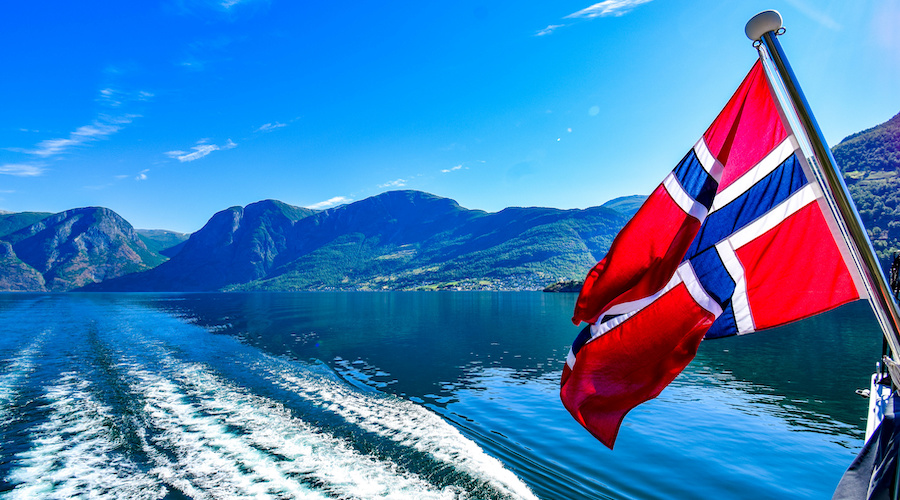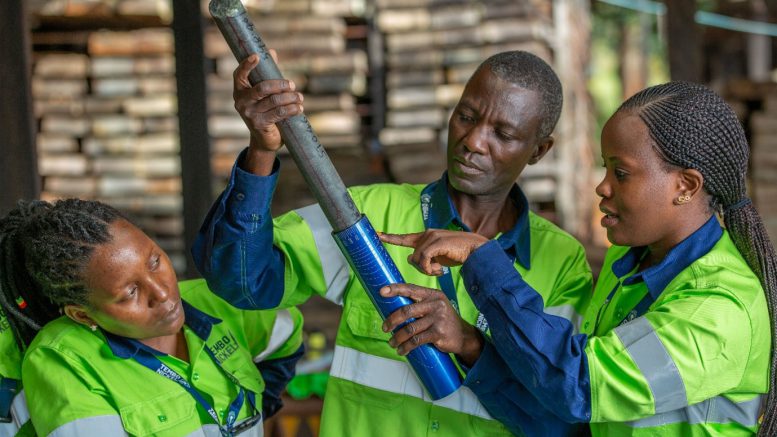Environmental activists have once again turned to the Norwegian courts, this time suing the government over its plans for seabed mineral exploration, which they claim has failed to test the possible impacts of such activity.
The case, led by the World Wildlife Fund (WWF), argues the decision breaches national law, goes against the counsel of the government’s own advisers, and sets an alarming precedent.
“We believe the government is violating Norwegian law by now opening up for a new and potentially destructive industry without adequately assessing the consequences,” Karoline Andaur, chief executive of WWF-Norway, said in a statement.
“It will set a dangerous precedent if we allow the government to ignore its own rules, override all environmental advice, and manage our common natural resources blindly,” she argued.
Despite opposition from environmental advocates and global appeals for a temporary ban on deep-sea mining, Norway became in January the first country to approve mineral exploration on the seabed for commercial purposes.
First licenses in 2025
The planned activities will be carried out across 280,000 square km (108,000 square miles) of the nation’s Arctic continental shelf. First licenses are expected to be issued in 2025. Mining will not start before 2030, and will require Norwegian lawmakers’ approval.
WWF said that the assessment by the Norwegian energy ministry, which underpinned the government’s decision to go ahead with deep-sea mining, failed to meet the minimum requirements outlined in the country’s Seabed Minerals Act.
At least two companies have applied for licenses, as Oslo emphasizes the importance of deep-sea mining the Arctic to increase Europe’s supply of essential rare earth minerals and battery metals such as copper, nickel, and manganese.
Proponents of deep-sea mining argue that extracting raw materials from the seafloor will enable a faster transition to a low-carbon economy and could come at a lower environmental cost than terrestrial mining.
Scientists say very little is still known about the depths of the world’s oceans — only a small fraction of which humans have explored — and many are concerned about the impacts on these ecosystems already affected by pollution, trawling and the climate crisis.
Environmental groups Greenpeace Nordic and Young Friends of the Earth Norway filed in 2017 an application to the Supreme Court, arguing Norway had breached fundamental human rights by allowing new oil drilling in the midst of a climate crisis. The case was dismissed in late 2021.
Following a series of unsuccessful appeals, the groups took their case to the European Court of Human Rights (ECHR).
The NGOs applied to a local court in November last year to thwart the development plans at the Breidablikk, Tyrving and Yggdrasil oil and gas fields. The Oslo District Court ruled in their favour in January.



